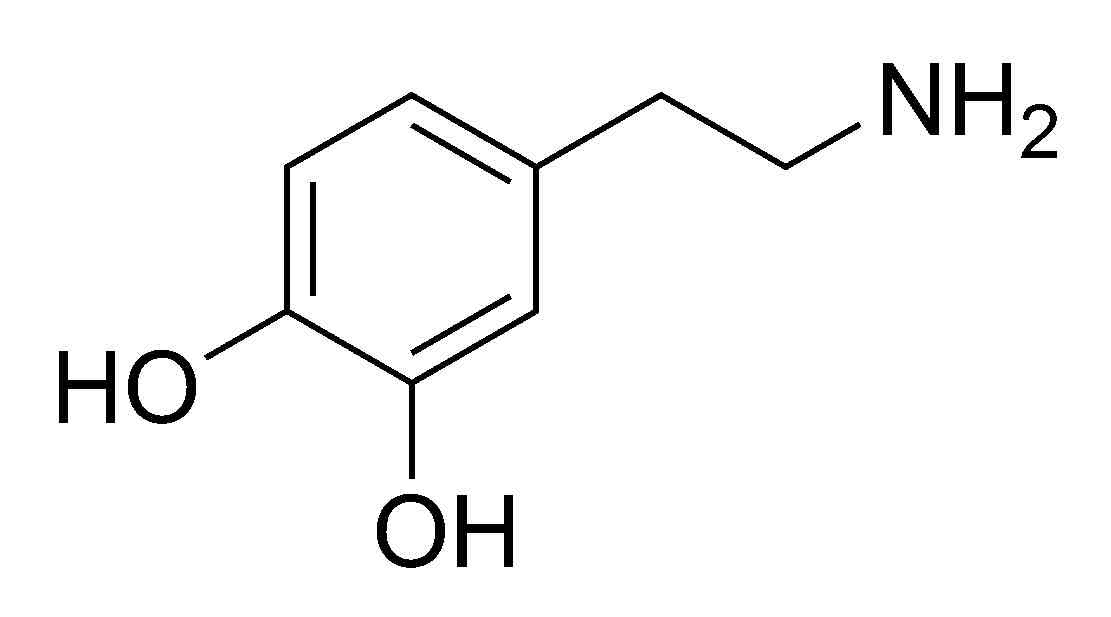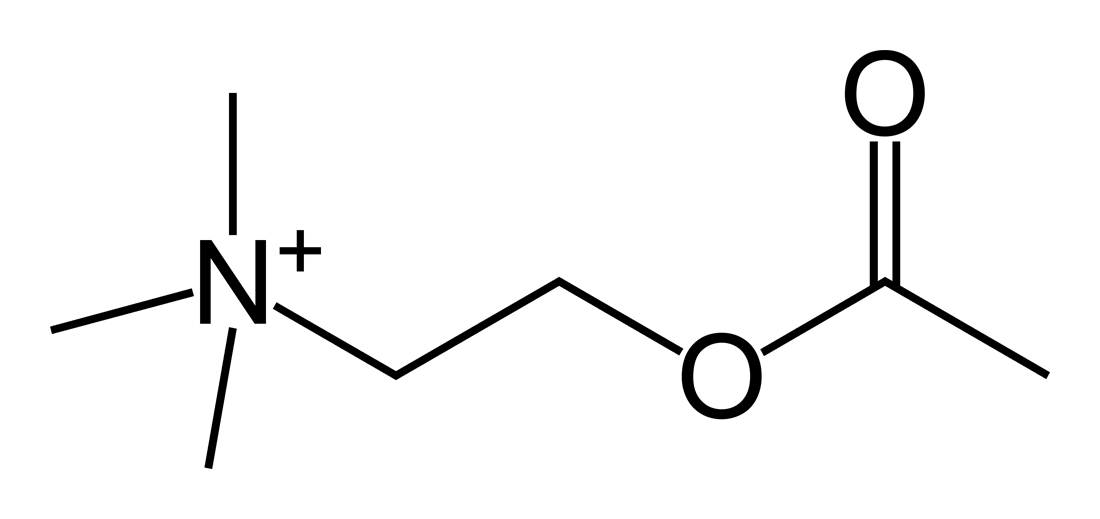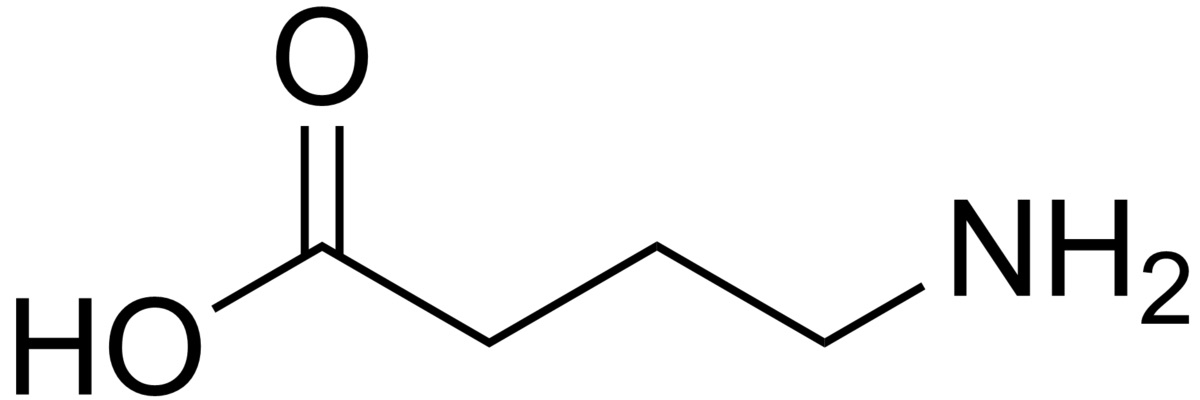This website uses cookies so that we can provide you with the best user experience possible. Cookie information is stored in your browser and performs functions such as recognising you when you return to our website and helping our team to understand which sections of the website you find most interesting and useful.

About the Neurotransmitter Assessment
The 4 main neurotransmitters essential to our balance

Our personality depends directly on the functioning of 4 important neurotransmitters (out of 70 identified).
Dopamine, acetylcholine, Gaba and serotonin. Experts in psychobiology have shown that many psychiatric problems are not so much due to traumatic childhood experiences as to brain chemistry.
Your dominant neurotransmitter directs the others, and excess or deficient neurotransmitters can cause problems such as weight gain, stress, anxiety, depression, mind spinning…
A bit like DNA, they form the code of our brain. With a check-up you can determine which neurotransmitter is our dominant one and how to correct the deficiency of the others.
Today, we know that a person is healthy if the electrical impulses that stimulate the brain allow the release of the 4 neurotransmitters in a precise order and quantity, thus maintaining a high level of brain function. It can be said that the health of the body and mind depends on the balance of these 4 neurotransmitters and the electrical signals that result from them. An imbalance of nerve impulses (neurotransmitters) is very detrimental to health. The same applies to a car, which cannot function without the electrical impulses from the battery.
DOPAMINE

A lack of dopamine can lead to attention problems. All we have to do is allow our brain to “recharge” during an hour’s nap so that it can produce neurotransmitters naturally. For dopamine, it is advisable to do weight training (resistance sport) and play chess.
SEROTONIN

A lack of serotonin can lead to depression or mood swings. In order to promote the development of this neurotransmitter, sculpting and endurance sports are recommended.
ACETYLCHOLINE

A lack of acetylcholine can lead to learning difficulties. Writing a letter stimulates its production, as does swimming and jogging (endurance).
GABA

A lack of GABA, gamma-aminobutyric acid, can lead to anxiety. Walking in nature and doing endurance sports (cycling, running, etc.) will trigger the production of this neurotransmitter.
To determine whether a person is still alive, the doctor performs an electroencephalogram. The individual is considered dead if there is no electrical activity. Based on the electrical activity of the brain, it is possible to determine the state of health of an individual and what should be done to improve it.
It is better to balance the proportion of neurotransmitters than to treat a symptom. In this way, we can improve our cognitive abilities (memory and attention). Below you will find tests that will allow you to identify it, which will allow you to increase its production in order to regain a balanced life.
Using your brain properly requires a diet tailored to your needs, food supplements and exercise. By learning to eat according to your nature, you will improve your health. Once you have identified the neurotransmitter that is deficient, you will prioritise foods that avoid starving your brain.
Similarly, meditation, singing and meaningful relationships allow the brain to recharge its batteries, whereas a tense climate depletes your reserves. The environment in which we live (magnetic waves, toxic metals, chemicals, etc.) hinders the production of neurotransmitters. You only need to remove one nuisance to see your environment improve.
Your personality depends directly on the functioning of the 4 neurotransmitters. Your dominant neurotransmitter directs the others.

NEUROTRANSMITTER TESTING
You will take two tests: one to determine your dominant nature and the other to find out where a deficiency in a neurotransmitter is hidden.
It is important to do these two tests simultaneously, as calmly as possible and with your full attention. You are who you are, be sincere or you risk biasing the information and making it invalid.
Answer fairly quickly, the first idea is always the right one (take into account your usual state).
Depending on your results, we will advise you on food supplements, special breathing and nutritional advice to help you rebalance your brain. We recommend that you follow this advice for one month and then repeat the test. This is why we offer a follow-up assessment at 3 months. In this way we can support you in your progress.
